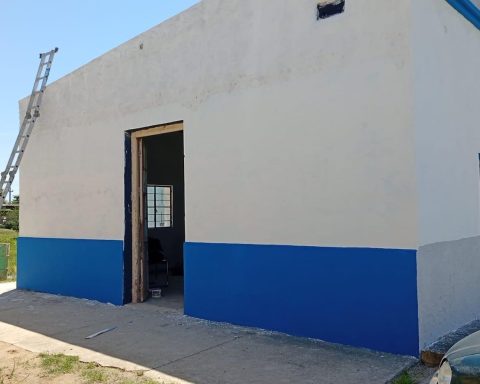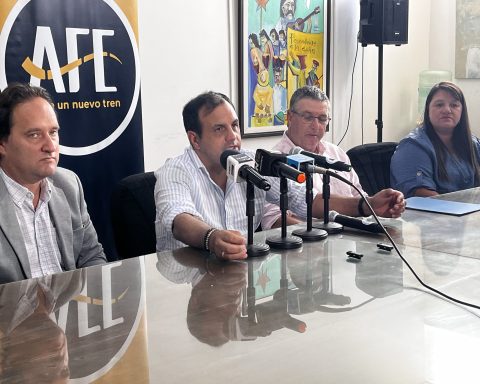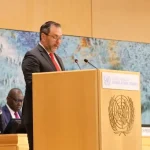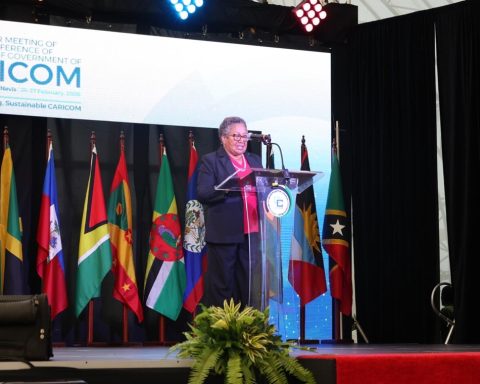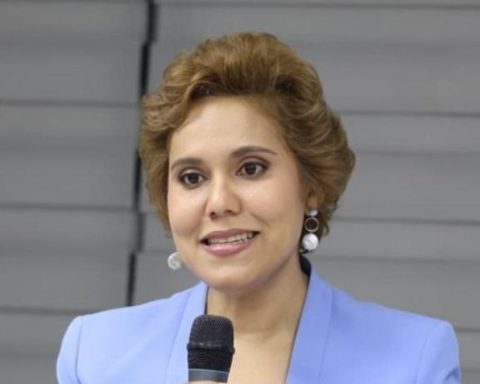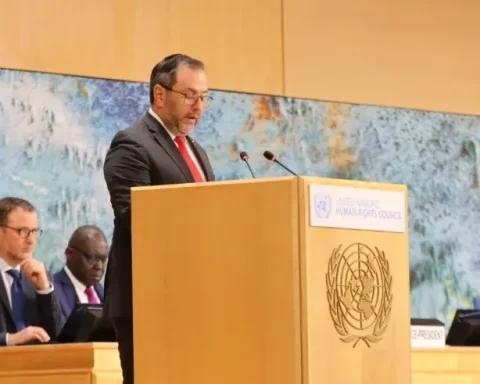MSP incorporated new congenital diseases
On June 28, in celebration of the International Neonatal Screening Day, the Minister of Public Health, Karina Rando, announced the incorporation of hemoglobinopathies in neonatal screening, which in Uruguay is universal, free and mandatory. Rando recalled that it is a long-standing health strategy in the country that positions him as a regional leader.
The activity took place in the assembly hall of the Ministry of Public Health (MSP) and, in addition to Rando, the undersecretary of the portfolio, José Luis Satdjian; the general director of Health, Adriana Alfonso, and the director of the Comprehensive Program for Congenital Defects and Rare Diseases, Mariela Larrandaburu. Representatives of the Pereira Rossell Hospital Center also participated; the National Institute for Cell, Tissue and Organ Transplant Donation; referents of the National Resources Fund (FNR); members of the Neonatal Research Program of the Social Welfare Bank (BPS) and representatives of the National Reference Center for Congenital Defects and Rare Diseases (Crenadecer).
In his speech, Rando reported that the International Neonatal Screening Day, which has been celebrated for three years, is a global initiative launched by the International Society for Neonatal Screening, the International Patient Organization for Primary Immunodeficiencies and the European Society for Immunodeficiency , with the aim of disseminating the importance of this public health strategy and encouraging different countries to develop and extend their screening programs to newborns.
The hierarch explained that the control carried out at the time of birth implies facilitating access to timely treatments that improve the quality of life of children and their families. Sometimes that diagnosis can prevent severe mental disorders or even death, she said.
Neonatal research is long-standing in Uruguay
The minister maintained that this neonatal screening program is long-standing in Uruguay and positions it as a benchmark in the region. She added that the initiative includes four pillars: the physical examination of the newborn; detection of congenital hearing loss; the detection of different pathologies through the drop of blood from the heel and the recent detection of congenital heart disease, through pulse oximetry.
In this sense, he announced that this year the detection of hemoglobinopathies, a group of diseases that affect the production or structure of hemoglobin, is mandatory for the National Neonatal Screening Program. In Uruguay, two to four children are born with these diseases a year, Rando explained.
Finally, he stressed that this day is intended to raise awareness of the scientific advances of the program, generate more collaboration and dialogue among all interested parties, and raise awareness that neonatal screening saves lives.
